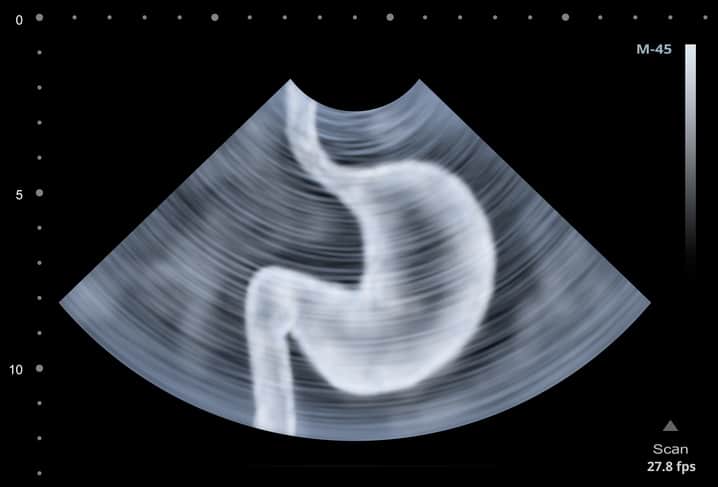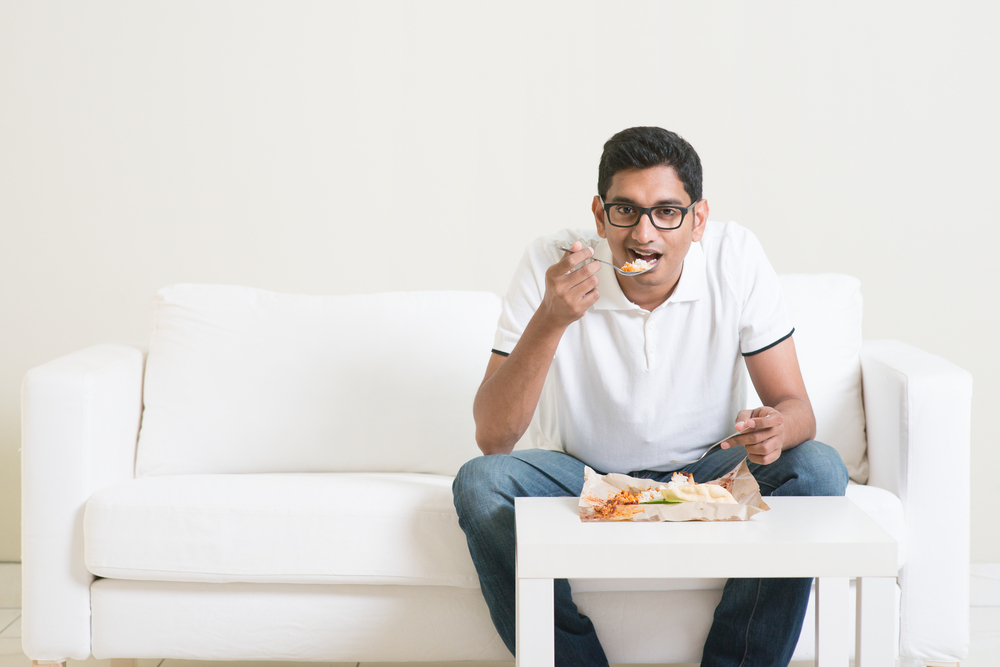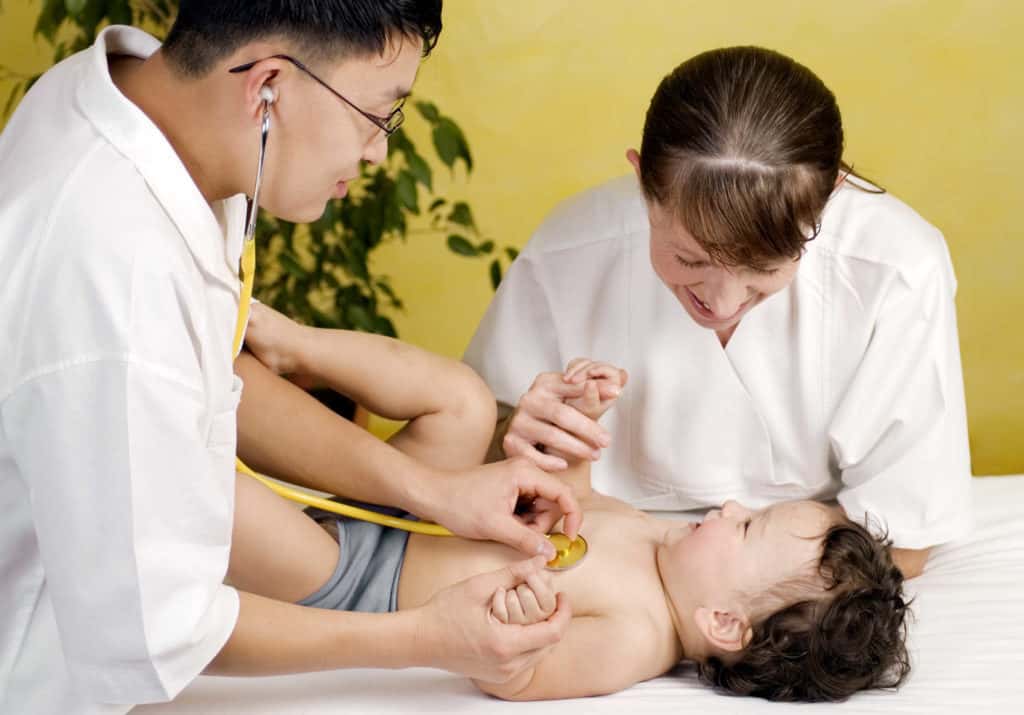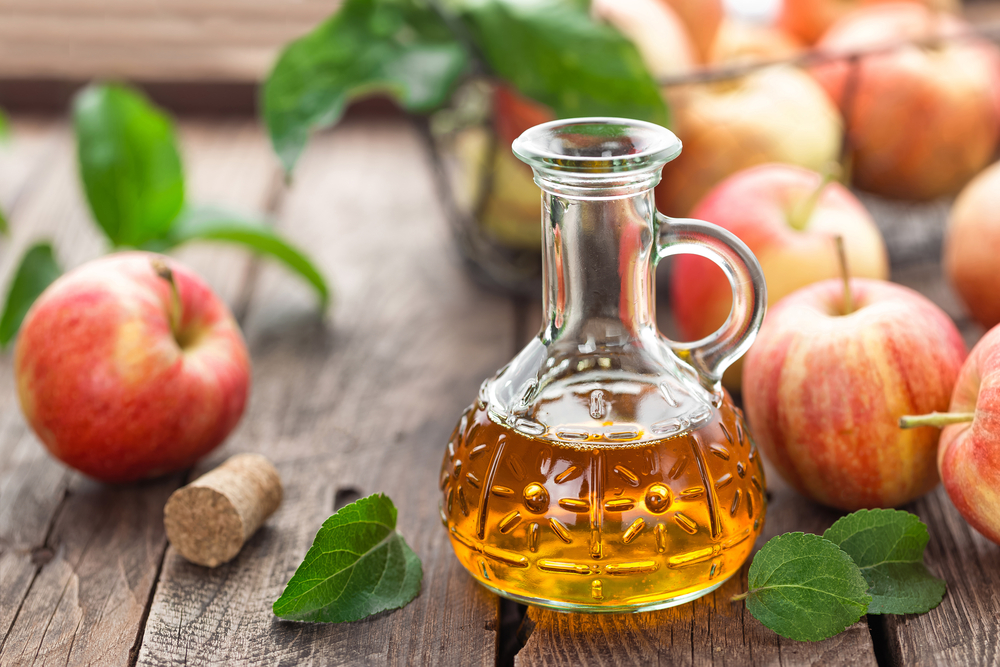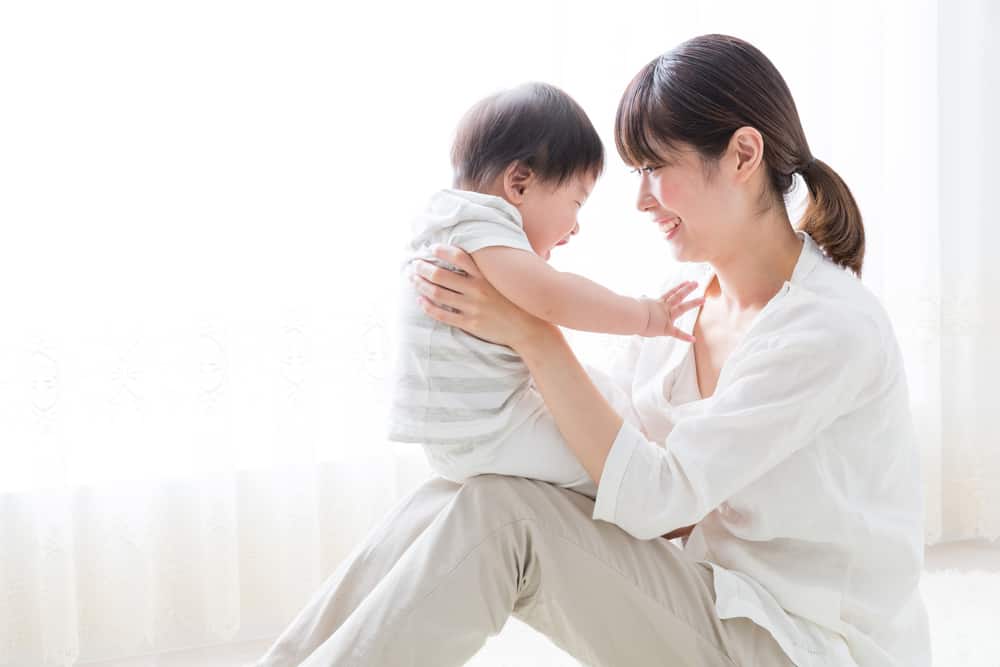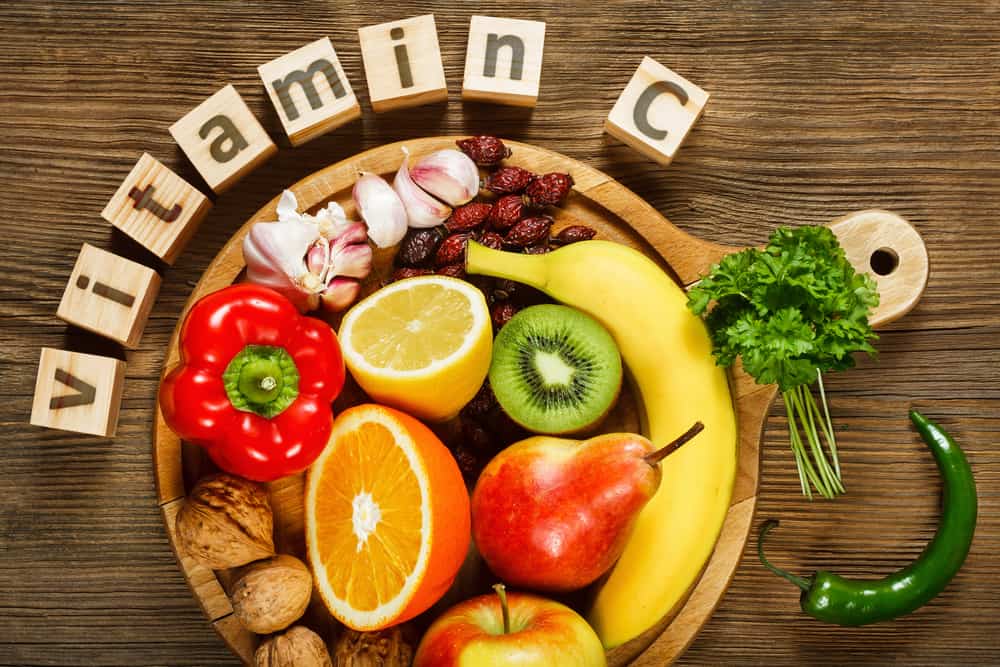Contents:
- Medical Video: 10 Easy Ways to Relieve Stomach Bloating
- 1. Diarrhea
- 2. Constipation
- 3. Hemorrhoid
- 4. Gastritis
- 5. Appendicitis
- 6. Diverticulitis
- 7. Gallstones
Medical Video: 10 Easy Ways to Relieve Stomach Bloating
The digestive system is one of the vital systems in the body. If there is a problem with one of the components in this imaging system, the digestion of food in your body can be disrupted. The absorption of nutrients from the food you eat can run optimally. The following are digestive problems that are common in many people.
1. Diarrhea
Diarrhea is a digestive problem that often occurs in many people, ranging from children to adults. Eating foods contaminated with bacteria, allergies to certain foods, and eating the wrong foods are some of the causes. You are said to have diarrhea when your frequency of bowel movements is more than 3 times per day with more liquid stool consistency. Usually also accompanied by a feeling of wanting to quickly defecate, vomit, and get a stomach ache.
Diarrhea is a non-serious disease, but can be very serious if not treated properly. Severe diarrhea can show symptoms, such as fever, weight loss, and blood in the stool. Diarrhea can also cause you to become dehydrated and lose nutrients.
2. Constipation
The frequency of defecation for each person is different, there are those who can one time a day or some who can only once a week. This is normal. However, it can be abnormal if your BAB frequency becomes less frequent or more difficult to defecate than usual. This is what is said to be constipation or constipation, or better known as constipation.
Constipation is not a serious disease but you definitely feel uncomfortable with this. Constipation can be caused by changes in your diet, mostly drinking milk, eating less fiber, not moving actively, lacking drink, antacid drugs containing calcium or aluminum, stress, and others.
3. Hemorrhoid
Hemorrhoids, or hemorrhoids in medical terms, are inflammation of the blood vessels in your anal canal. The presence of blood coming out when you defecate can be a sign that you have a hemorrhoid. Hemorrhoid makes you feel sick when you defecate, so you are afraid to defecate. But, holding back defecation can make your hemorrhoids worse. Some of the causes of hemorrhoids are very severe constipation, diarrhea, straining too hard and prolonged bowel movements, and eating less fiber.
The thing you can do to treat hemorrhoids is to eat lots of fiber, drink lots of water, and exercise. Some non-prescription drugs can also help you deal with hemorrhoids, but still need to be balanced with eating lots of fiber.
4. Gastritis
Gastritis is an inflammation, irritation, or erosion on the surface of the stomach wall caused by excess stomach acid. Chronic vomiting, stress, or the use of anti-inflammatory drugs can trigger this. Bacterial and viral infections can also cause gastritis. Symptoms of gastritis in general are nausea, vomiting, flatulence, abdominal pain, lack of appetite, and burning of the stomach between meals or at night.
5. Appendicitis
Or appendicitis, is inflammation that occurs in the appendix or appendix. Usually caused by appendicitis blocked by feces, foreign objects, cancer, or due to infection. Symptoms of appendicitis include pain near the navel, nausea, vomiting, fever, difficulty in flushing, pain during urination, abdominal cramps, and loss of appetite.
To treat appendicitis, surgery is needed to remove the appendix. You will not experience problems without appendicitis in your body. If left unchecked, appendicitis is actually dangerous because it can cause peritonitis, which is inflammation of the lining of the abdominal cavity (peritoneum).
6. Diverticulitis
Small sacs, commonly called diverticules, can form anywhere in the lining of your digestive system, but are usually more often formed in the large intestine. This condition is commonly called diverticulosis, which is common in adults. Diverticulosis can be diverticulitis if the small sac is inflamed or bleeding.
Symptoms of diverticulitis are bleeding in the rectum, fever, abdominal pain, flatulence, diarrhea or constipation, vomiting and nausea. Obesity and lack of fiber can be a risk factor for diverticulitis.
7. Gallstones
Gallstones are hard deposits that form in the gallbladder. This stone can be formed because there is a lot of cholesterol or residual substances in the bile or when the gallbladder is not empty properly. Gallstones may cause symptoms of pain in the upper right abdomen. This occurs when gallstones block the channel between the gallbladder and the intestine.
Gallstones are caused by several factors, such as genetics, weight, gall bladder problems, and diet. If you are obese, have diabetes, take cholesterol-lowering drugs, or lose weight too quickly, you will be more at risk of developing gallstones.

